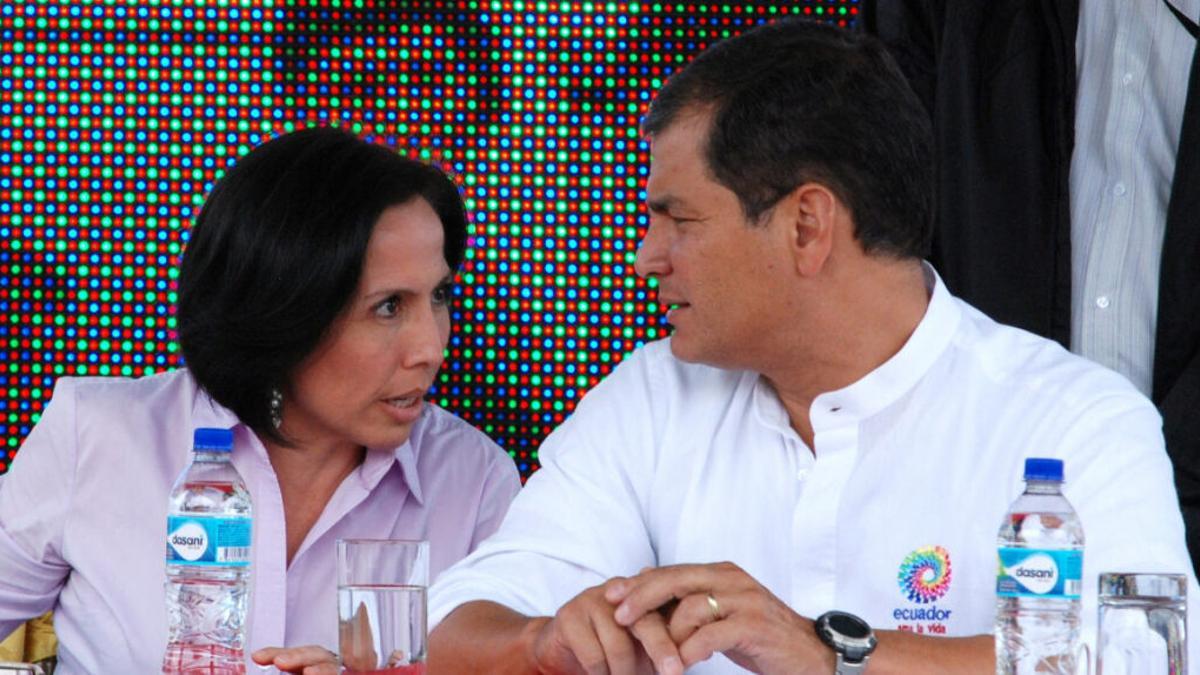The current perception is balanced, with a slight negative balance, but the expectation of future developments gives a positive balance.
As 2023 begins, Uruguayans maintain divided opinions on the economic situation of the country. Slightly more than a quarter (28%) rate the situation as “good” or “very good”, and a slightly higher proportion (33%) have the opposite view and rate it as “bad” or “very bad”. In the middle, almost four out of ten Uruguayans (39%) rate it in intermediate terms or do not have an opinion, Equipos Consultores reported this Monday, for which it concluded that “the perception of current economic events is, then, quite balanced, with a slight balance negative”.
The consultancy directed by Ignacio Zuasnabar clarifies that, “when consulting for the expectation of future evolution (within a year) there is also a scheme of divided opinions, but in this case of a positive balance.” In this sense, “the nucleus that believes that within a year the country’s economy will be ‘better’ or ‘much better’ than today (36%), is somewhat larger than those who believe that it will be ‘worse’ or ‘much worse’ ‘ (25%).” Again, “nearly four in ten (39%) believe that the situation will remain ‘the same’ or have no opinion about it.”
“On balance, in the February measurement, the Confidence in the Economy Index (ICE), which Equipos Consultores has been building for decades, its result is exactly zero. That is, a territory of absolute balance between positive and negative judgments”, explains the consultant’s report, adding that “when looking at the evolution of this indicator over time, it can be seen that the improvement of recent months has continued, leaving the negative zone in which it had been since April 2022 ”.
Equipos reviews the evolution of this indicator during the past year, to show its improvement: “Between March and May of the year the economic climate had deteriorated significantly, in a context of rising prices within the framework of the start of the war between Russia and Ukraine, and fuel price increases. But, after touching the minimum in May of last year (-10) the ICE has shown a gradual but sustained recovery”.
Therefore, the consultant considers that “the economic climate is out of the negative zone, but has not yet recovered the levels of a year ago”, and exemplifies: “In February 2022, prior to the increase in inflation, the ICE registered a positive balance of +6”.
Employment, salary and inflation expectations
The good news provided by the consultant refers to the fact that “in general, all the indicators of economic confidence have shown recovery in recent months (with different intensities)”.
“But, beyond the improvement, there are some areas of the economy about which Uruguayans have more concerns than about others. In terms of income expectations, Uruguayans do not seem to express great fears. The vast majority of the population (63%) believe that their personal income ‘will remain the same’ in the next 12 months, and those who believe it will ‘increase’ (28%) are more than those who say it will ‘decrease’ (9%) ”.
Regarding unemployment expectations, opinions are more divided: “The largest group (43%) believes that in a year there will be approximately the same level of unemployment as now. But, in this case, the group that believes that unemployment will ‘increase’ (31%) is more than the group that believes that it will ‘decrease’”.
Finally, regarding price expectations, “although the indicator has been improving significantly after the fall in the first half of last year, an important part of Uruguayan society maintains fears in this regard.” In this regard, “more than a quarter (27%) believe that prices are going to increase ‘a lot’, and 36% believe that they are going to increase ‘quite'”, so that “almost two thirds of Uruguayans ( 63%) fear a relatively important price increase”.
On the other hand, “one in three (32%) is confident that prices will increase ‘little’ or ‘not at all'”.
Equipos prepared this report on the basis of a survey that was carried out between February 16 and 26, 2023 based on face-to-face (face-to-face) and telephone consultations carried out through cell phones. 176 sample points were covered throughout the country; The effective sample size of the face-to-face surveys was 704 cases and that of the telephone surveys was 501 cases, making a total of 1,205 cases. Equipos clarifies that the maximum expected margin of error is +- 2.8%, within a confidence interval of 95%. (Montevideo Porta







